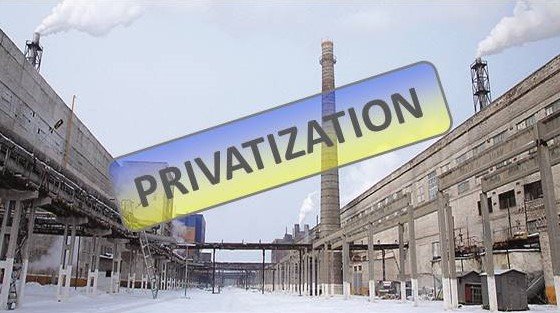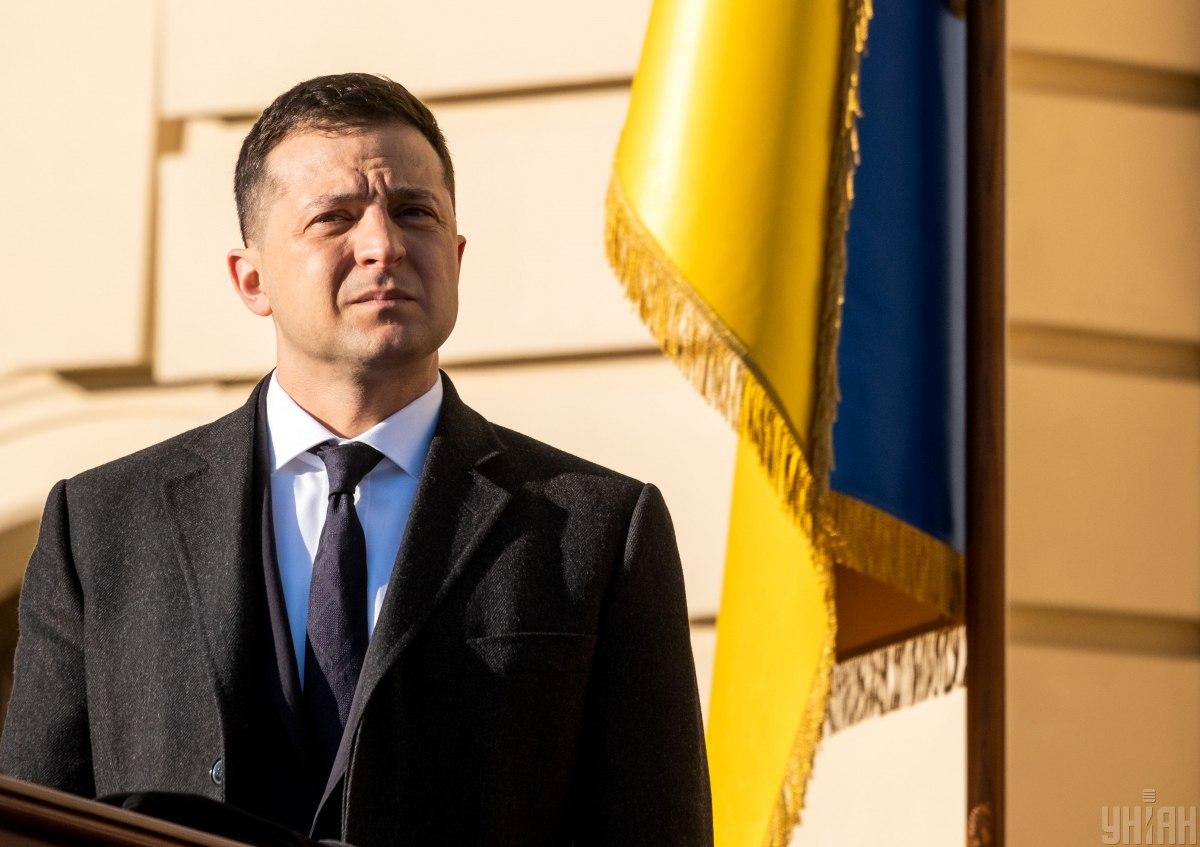The Verkhovna Rada has finally unblocked the privatization and the holding of auctions for the sale of large state-owned enterprises.
Kiev. Ukraine. Ukraine Gate – April 07, 2021 – Ukraine News
Although the main goal of privatization is not to fill the state budget but to fight corruption and increase the efficiency of property management, the lifting of this ban was dictated primarily by financial motives.
A year ago, as the global coronavirus pandemic began, the government and the State Property Fund feared that demand for state property from foreign and domestic investors would be so negligible that important facilities would go under the hammer for pennies.
Today, the third wave of COVID-19 is observed in the world, and Ukraine updates anti-records almost daily for the number of new cases and deaths per day. However, it seems that in the capital’s high offices it is no longer considered as a deterrent to the start of the sale of state property.
In March, President Volodymyr Zelensky said that Ukraine should continue large-scale privatization: “getting rid of the ballast, which brought only damage and corruption to the country.”
Parliament responded to the call and passed a law a few days later.
Prime Minister Denis Shmygal said that auctions for the sale of large-scale privatization objects in Ukraine should start this summer.
The first “swallows” will be: “United Mining and Chemical Company” and “First Kyiv Machine-Building Plant” (“Bolshevik” plant).
The Prime Minister promises that the state will hold completely open and fair auctions for the sale of these and other large state-owned enterprises.
The State Budget for 2021 provides for 12 billion hryvnias of privatization proceeds.
The State Property Fund expects that the lion’s share of this amount, which is 9 billion hryvnias, will be received just after the sale of the OGHC and the Bolshevik.
Regarding the latter, there is reason to believe that investors will not be interested in the production capacity of the long-outdated enterprise, but a large plot of land in the center of the capital, which will be used for construction.
In addition, the State Property Fund plans to receive UAH 1.9 billion from the sale of Ukrspirt plants, as well as UAH 1 billion from the privatization of penitentiaries. Another 1 billion is planned to be received from the sale of small privatization objects.
Thus, the preliminary calculations of officials speak of the reality of the plan to fulfill the privatization task of 2021.
The fund also plans to announce tenders for the sale of the capital’s President Hotel (planned to sell for at least UAH 1 billion), four state-owned thermal power plants, and five regional energy companies (total sales of these assets could range from UA\H 6 to 8 billion).
It is planned to receive another UAH 3 billion from the sale of other large-scale privatization objects, including the Odesa Port Plant and Ukragroleasing.
The State Property Fund is confident in the success of future auctions. The reason for this is that even in the crisis of 2020, he sold state property for 3 billion hryvnias with the original plan of 12 billion.
Since the beginning of this year, privatization proceeds in Ukraine have exceeded 1 billion, which is a good indicator of the current conditions.
We should not forget about the case of the sale of the Dnipro Hotel in the center of the capital, which became a real triumph for the State Property Fund. With the starting price of the object at 81 million, it was sold at auction for 1.1 billion hryvnias. And this happened in July 2020, when the level of uncertainty was much higher than today.
If Ukraine launches a process of mass privatization this summer, it could make significant progress in the process of privatization in a couple of years.
The main thing is that the State Property Fund does not start inserting sticks into the wheels again.
It should be reminded that the national economic strategy approved by the government until 2030 aims to transfer 90 percent of enterprises prohibited from privatization to concession and sell all state-owned enterprises that will not be included in this list.
Parliament has approved a preliminary list of six and a half hundred state-owned enterprises whose privatization will be banned. So even in the case of successful completion of large-scale privatization, a significant block of the property will remain in the hands of the Ukrainian state.
Officials will have a great opportunity to improve their management skills and prove that state-owned enterprises are not just “milking cows” for domestic politicians.
Read also: The Privatization of Distilleries Brings the First Billion!
Source: Ukrgate







